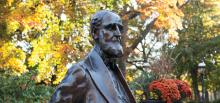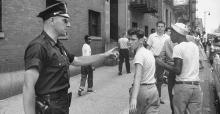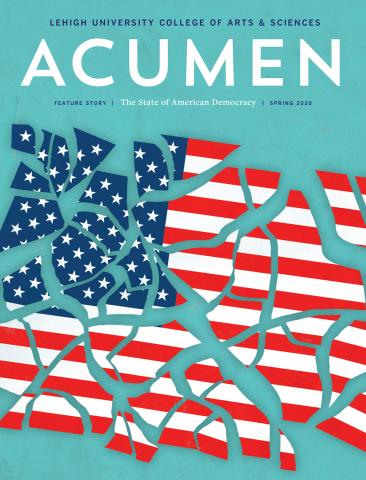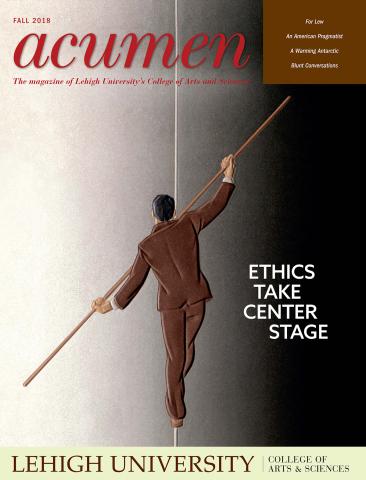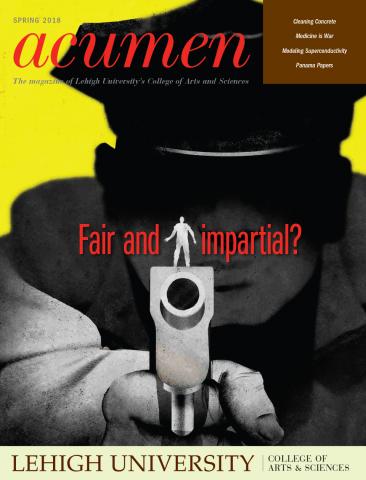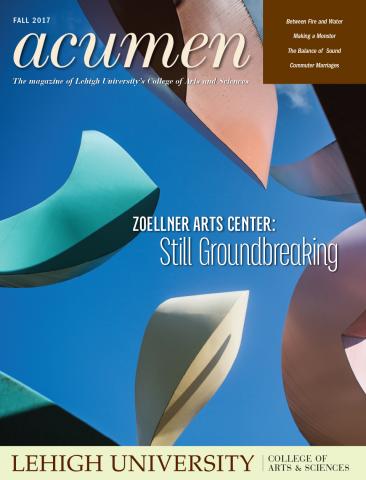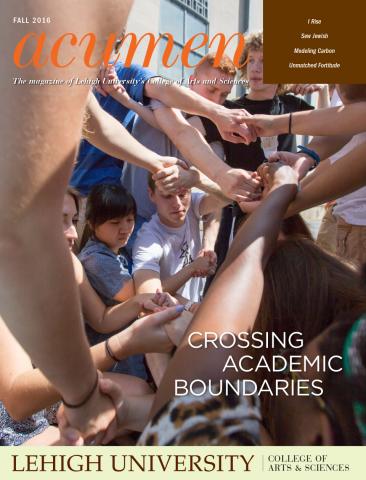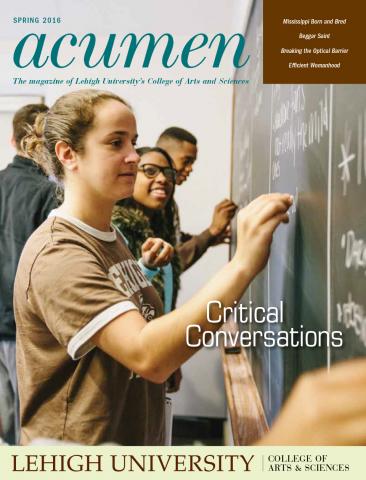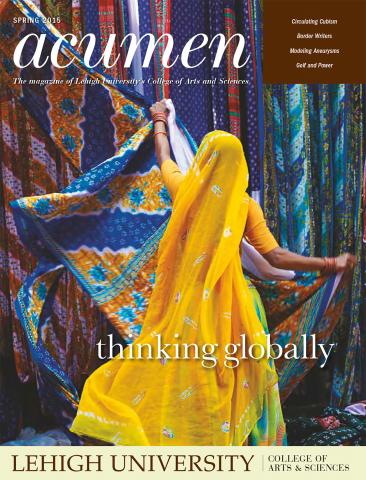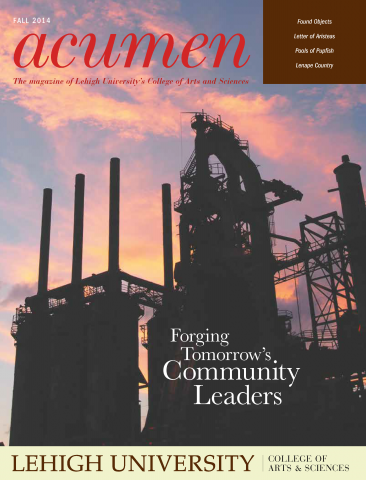In 2008, the United States Supreme Court decided in District of Columbia v. Heller that the Second Amendment guarantees an individual right to bear arms. Chad Kautzer has been examining the gun debates surrounding this decision from a philosophical perspective.
Rather than focus on public health or the balance between liberty and security, his current book project investigates how practices of self-defense shape social identities. He is particularly interested in the notion of freedom informing recent debates about self-defense and the changing legal landscape in the United States.
“Quietly, at the state level, laws were being implemented that said individuals could carry guns in schools, you could carry guns on campuses and in parks, and so on. People were passionately defending these as issues of freedom,” says Kautzer, associate professor of philosophy.
Kautzer is interested in how the politics of armed self-defense and its idea of individual freedom support or undermine racial and gender identities. His book project, Good Guys with Guns, examines recent legislative trends and the rising sense of insecurity accompanying them. What is the source of this intensifying fear, asks Kautzer, when people are objectively safer and crime rates are historically low?
“There was no longer a question of reasonable adjudication about what context might be appropriate for [carrying firearms]. It’s interesting to explore why people feel increasingly insecure in places that are traditionally very secure. For example, college campuses, in terms of firearm violence, are some of the safest places. Why do some students need to come to class with guns in their backpacks?”
Kautzer argues that this increasing sense of insecurity has more to do with recent challenges to dominant racial and gender identities than with threats to physical security. This is why a philosophical analysis of identity and freedom is illuminating, he says. The idea of freedom at work in the new politics of self-defense is so individualist that it views social institutions and relations of trust as threats. Kautzer calls this notion “self-defeating.” Although force may be used against attack or to liberate a people from an oppressor, it does not produce freedom. Freedom, he argues, is developed through shared norms, social cooperation and mutual recognition, all of which are undermined by force.
Trained in the interdisciplinary tradition of German critical theory, Kautzer incorporates historical studies of gun laws in the United States.
“It’s fascinating to see how fast the historical understanding of the Second Amendment has changed over the past 10 to 20 years,” he says.
Kautzer traces, for example, the evolution of Stand Your Ground legislation from the Castle Doctrine of British common law, which justifies deadly force in a home or business. Stand Your Ground laws, however, abstract away from the spatial conditions of the Castle Doctrine, granting new rights and immunities to the individual, says Kautzer, which is consistent with the idea of freedom he describes.
Ultimately, Kautzer says he hopes his philosophical and historical research will contribute to our understanding of these recent political and legislative trends and, thereby, the productivity of our public debates about them.

